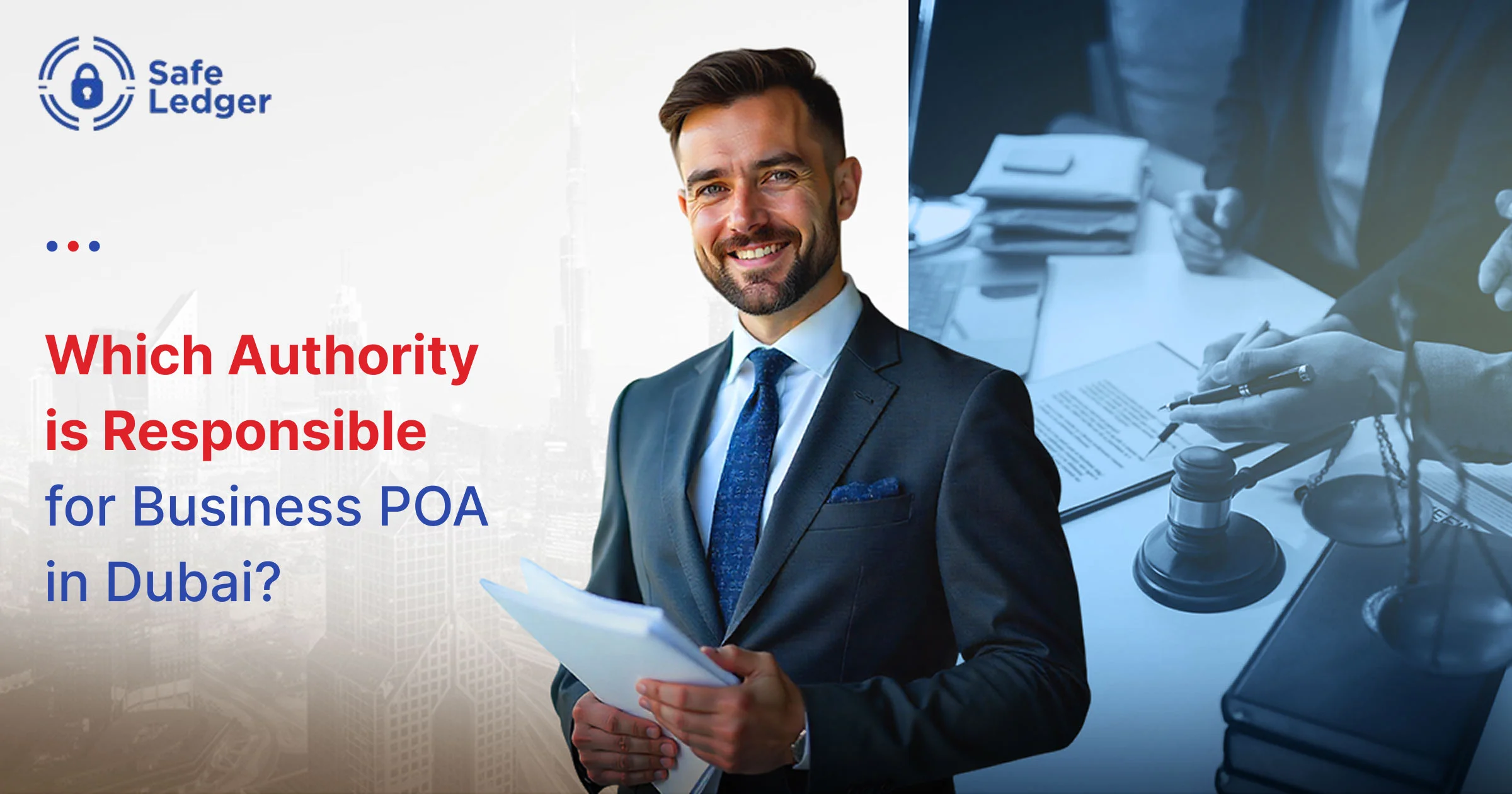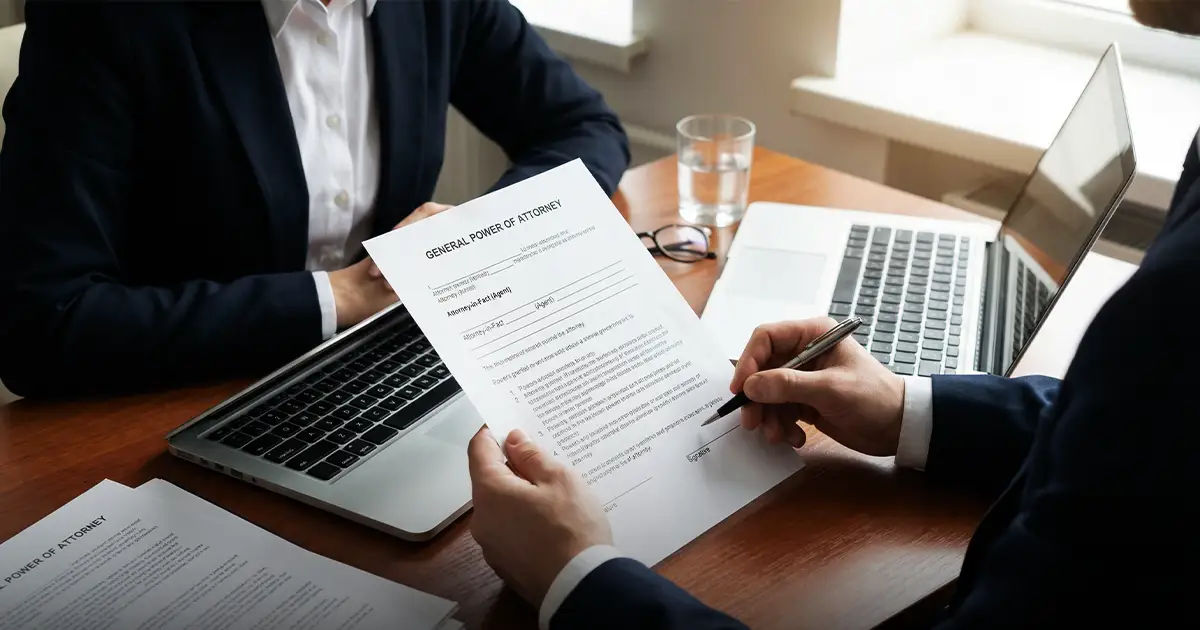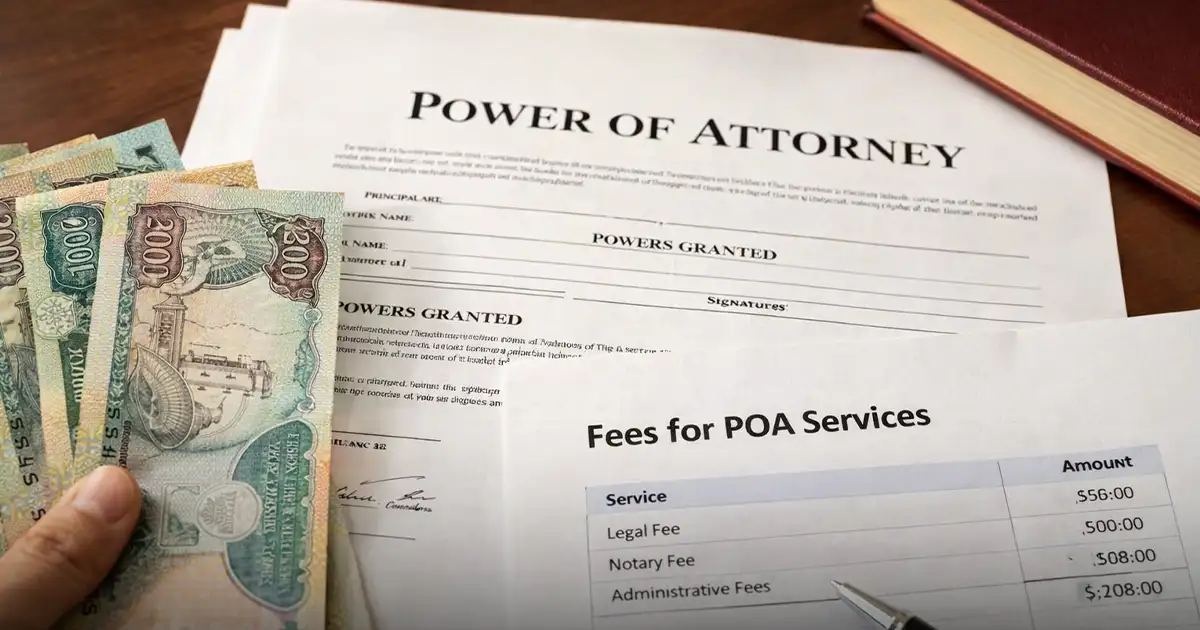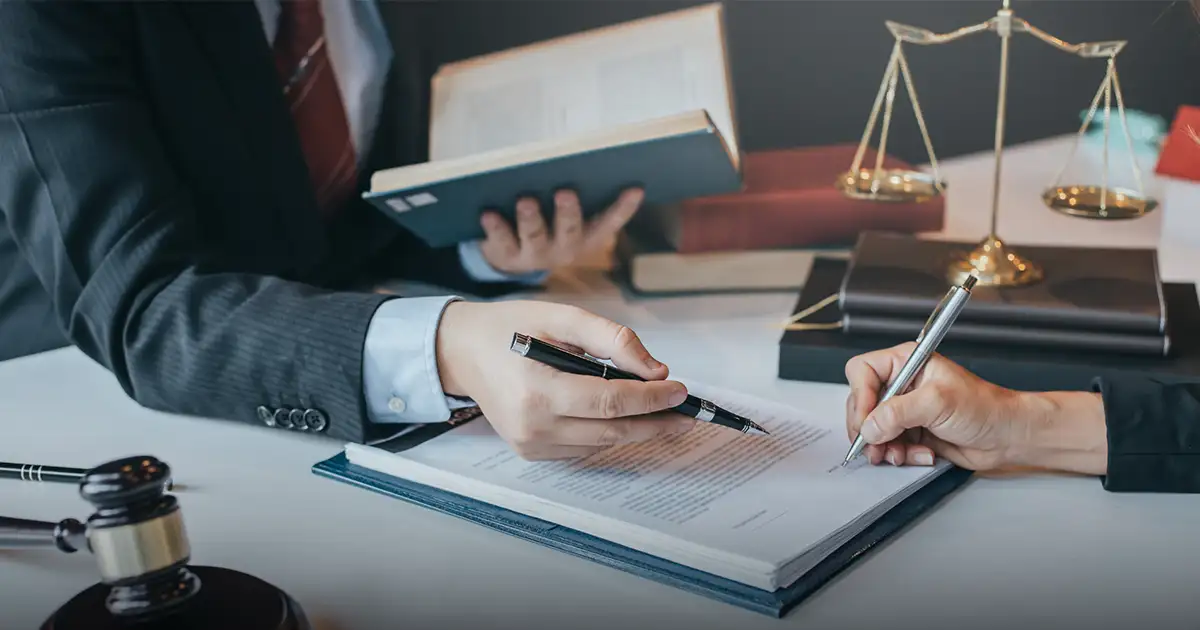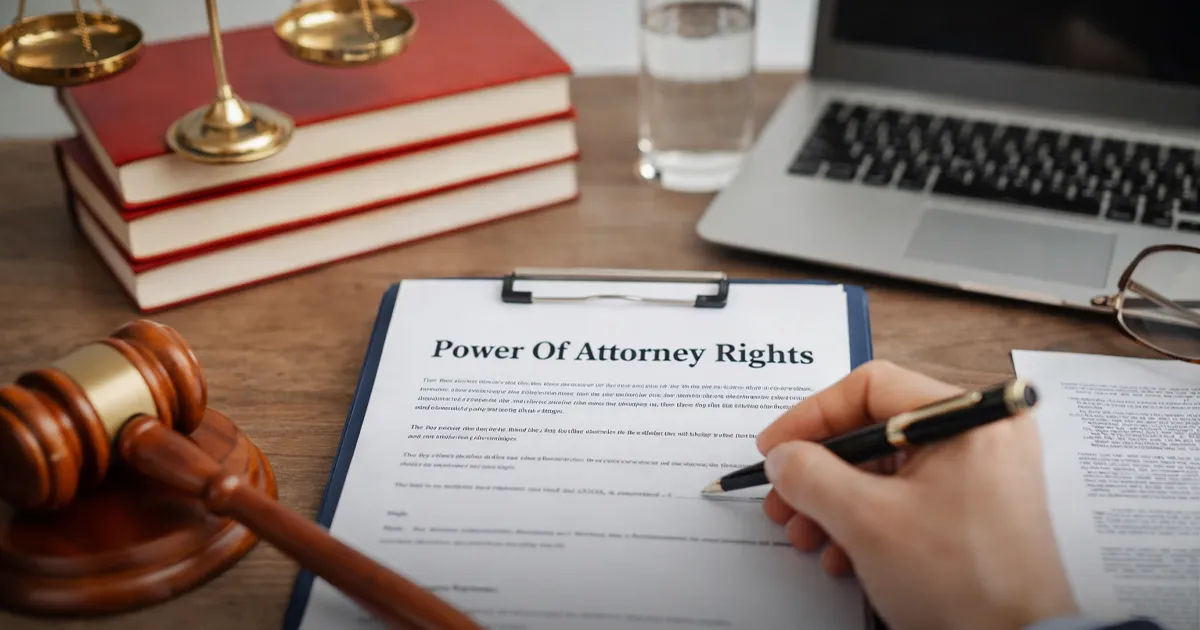Several authorities play a role in the POA process in Dubai, ensuring the document is legally valid and enforceable. Here’s a breakdown of the main authorities:
-
Dubai Courts Notary Public: Verifies identities, witnesses POA signing, and notarizes business POAs in person or via the e-Notary system.
-
Ministry of Justice (MOJ): Attests POAs for legal matters, ensuring validity for court representation and legal proceedings.
-
Ministry of Foreign Affairs & International Cooperation (MOFAIC): Attests POAs issued outside the UAE for recognition in the country, especially for international transactions.
-
Ministry of Economy and Tourism (MOET): Handles POAs related to changes in a company’s legal representative or agent, often via their online portal.
Free Zones and Their Notary Systems
In free zones like DIFC and ADGM, POAs follow separate notary and public registry procedures, distinct from Dubai Courts. Businesses in these zones must comply with their specific requirements, which can differ from the mainland POA process.
What is the Role of the Notary Public?
A Notary Public works for the Dubai Courts. They have a key job in the POA process:
-
Verification: Confirms the identities of the principal and agent using Emirates IDs or passports.
-
Witnessing: Observes the signing to ensure it’s voluntary and understood.
-
Attestation: Adds the notary’s stamp and signature, making the POA legally valid in the UAE.
The Notary Public plays a central role in notarization, but other government bodies also contribute by requiring a notarized POA for specific business deals. These include:
- The Department of Economic Development (DED): The DED handles business licenses and company formation. It might require a notarized POA for things like renewing a license, making changes to the company, or if a representative needs to act for the company.
- Dubai Municipality: For real estate or property matters, the Dubai Municipality may require a notarized POA.
- Department of Tourism and Commerce Marketing (DTCM): Businesses in the tourism industry might need to present a notarized POA to the DTCM for specific licenses or regulations.
This system ensures the POA is not only legally valid but also accepted by all the necessary authorities where the agent needs to do business.
Did you know? In practice, digital notarization through the Dubai Courts’ e-Notary service has become quite popular. Many businesses now prefer online notarization, especially after COVID-19, as it offers a convenient and fast way to get documents validated.
